Functional Deconstruction & Alteration
24 May 2021 , Rzeźba ASP Wrocław, Poland
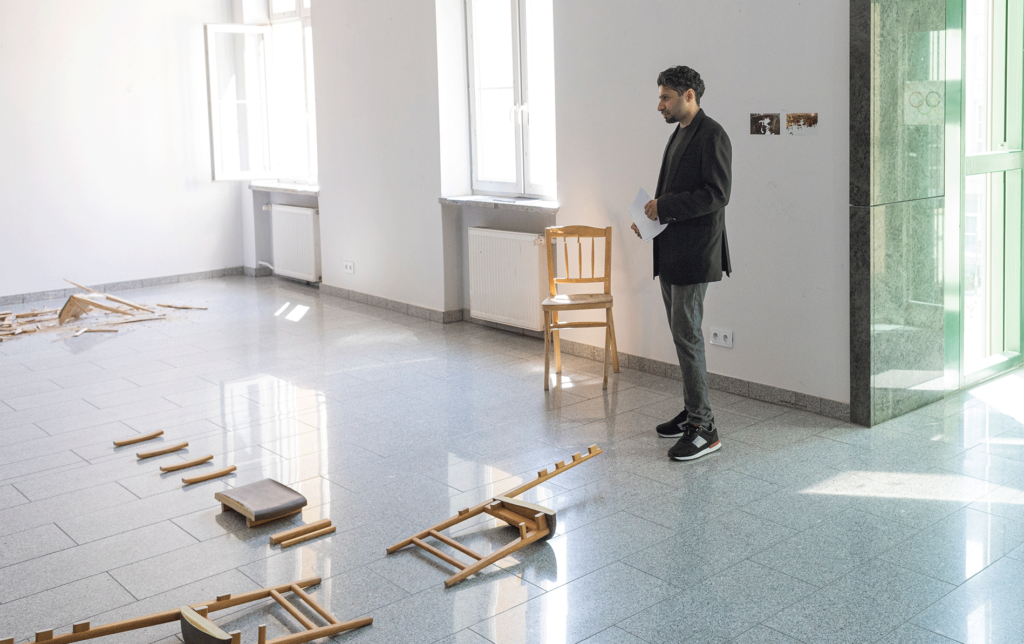
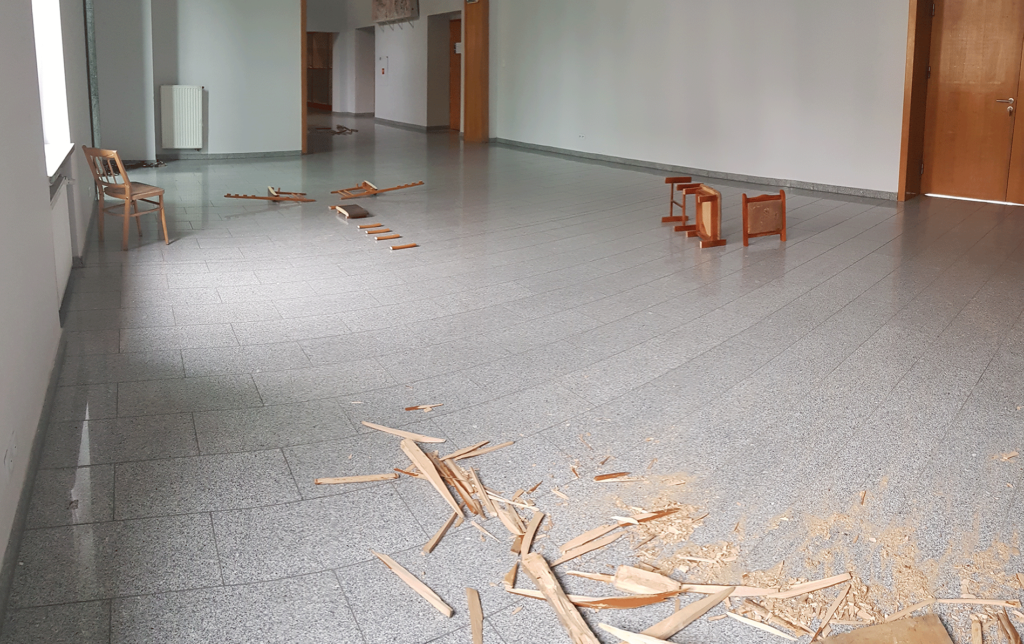
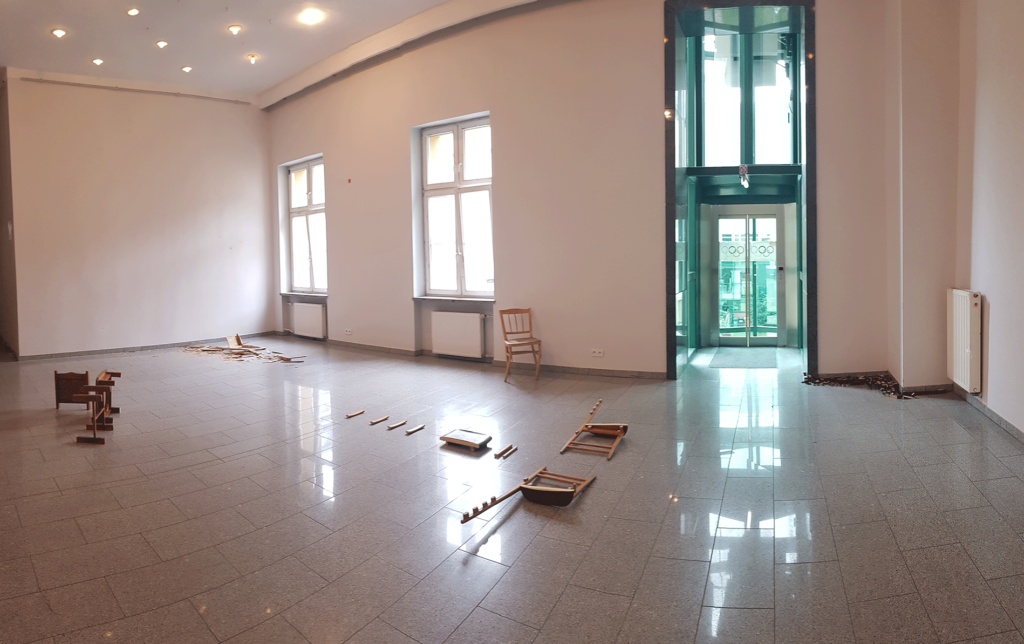
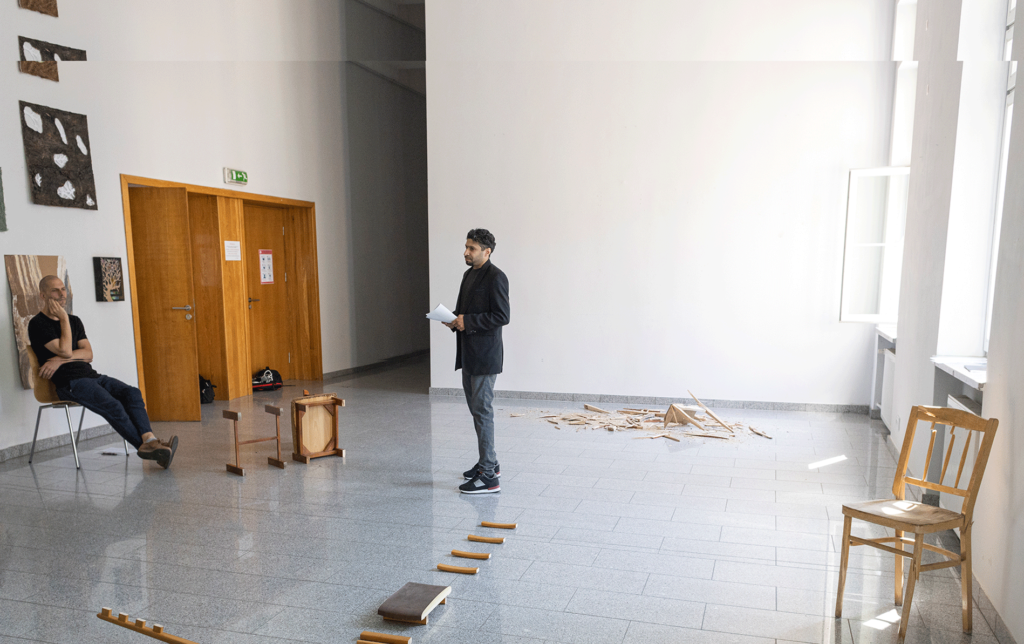
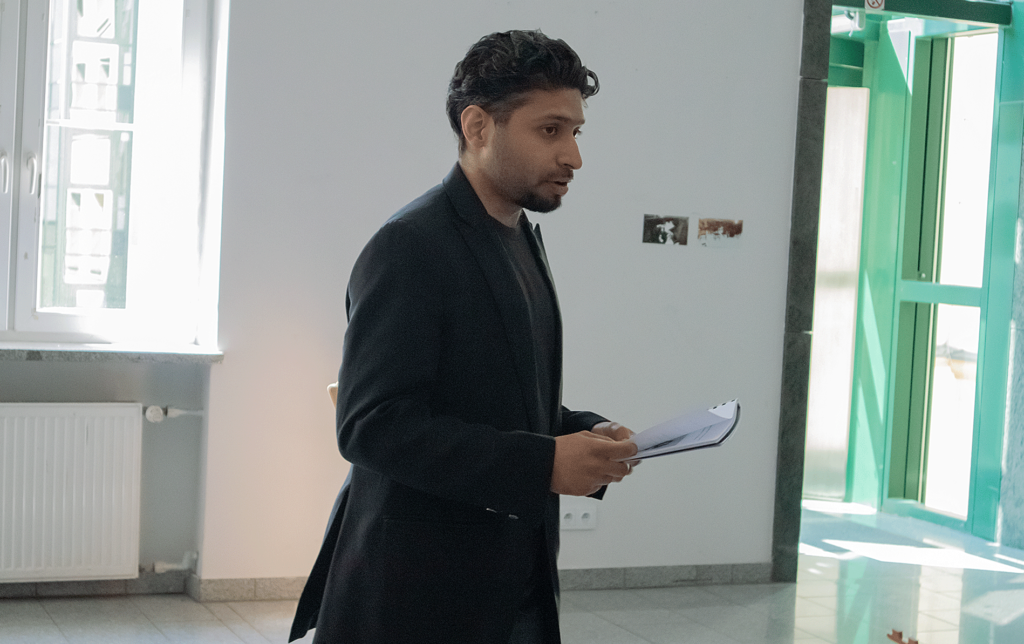
Tayyab Tariq delves into the theory of deconstruction, exploring its significance in his artistic practice. His journey into deconstruction began in 2015 when he encountered the works of Jacques Derrida, the prominent French philosopher who introduced the concept. Deconstruction is a method of analyzing texts to reveal their inherent contradictions and instabilities. This theory serves as a source of inspiration for Tayyab to dismantle and reassemble objects, expressing complex socio-political and religious thoughts.
Tariq’s interest in deconstruction led him to connect and explore the reconstruction—of religious thought, influenced by Dr. Allama Muhammad Iqbal’s “The Reconstruction of Religious Thought in Islam.” Tayyab’s passion for understanding Iqbal’s philosophy was inherited from his grandfather, Haji Muhammad Hassan, a local scholar and carpenter who deeply influenced Tariq’s work. As a child, he often sat with his grandfather, who interpreted Quranic verses through Iqbal’s vision of the Islamic State, which sparked his fascination with Iqbal’s philosophical thoughts and carpentry.
Tayyab’s late father, Tariq Mehmood Bhatti, observed his son’s activities and supported his creativity by providing tools and a dedicated workshop in their home—a basement ( تہ خانہ,) he called a “Chamber of Wonders” located in Bhati Gate, Lahore. Reflecting on these experiences, he connected these influences to understanding Iqbal’s critique on traditional Muslim Mullahs. Iqbal argued that Mullahs failed to address contemporary issues with peace and harmony and called for a reconstruction of religious thought, integrating modern philosophical insights with the teachings of the Quran and Hadith.
Tayyab’s series of works portray Pakistan’s tumultuous socio-political situation, examining the impact of terrorist attacks on cultural, religious, and socio-political identities. By dismantling and reassembling objects, Tariq communicates the chaos and grief resulting from these attacks. His work “Massacre of Innocents,” addressing the Army Public School attack in Peshawar, exemplifies how extreme violence and loss serve as catalysts for his exploration of deconstruction, transforming these experiences into powerful artistic expressions. For example, “The Destructive Thursday” reflects the tragic events within the school.
In another work, “A Journey Within,” influenced by Sufi thought, Tayyab explores the disconnection of the soul from the materialistic body. “Alam-i-Nasut” refers to the realm of physical bodies where the Rooh-e-Noorani (luminous soul) becomes veiled within the Rooh-e-Hewani (soul connected to the physical body), completing the process of human creation. This thought has also been misled by Mullahs to many young minds in Madrassas, instead of understanding in depth the Rooh-e-Hewani (instinctive soul) leading to tragic outcomes like suicide attacks. His work, “Reverse Ready-Made” refers to misleading Islamic thoughts, he portrays that the vision of Pakistan was introduced before its formation which means the vision was already addressed in the Address of Allahabad by Dr. Muhammad Iqbal in 1930, which was the ready-made philosophy by the time of Pakistan’s formation in 1947. In that work, Tayyab juxtaposes and disturbs ready-made structure in order to distort its shape to disturb its form and function which helped to obscure the complete picture of actual ready-made manufactured form, refer to Iqbal’s Address of Allahabad in 1930.
“The Disconnected Dots” suggests that without a spiritual understanding of Iqbal’s vision, the dots remain disconnected. “Pattern of Anarchical Interpretations” illustrates how sheer misguidance by mullahs, achieved by cherry-picking Quranic verses and ignoring their full context, is used to mislead young minds in Madrassas.“The Destructive Thursday” recounts the tragic events inside the Army Public School (APS).
Tayyab’s whole series, “Functional Deconstruction & Alteration,” connects three core concepts: deconstruction, offering an unstable state through readymade objects; the reconstruction of religious thought, proposing that these unstable and distorted concepts can be reformed with reasoning, echoing Iqbal’s emphasis on the evolving nature of Islam and the need for Ijtihad (independent reasoning); and the 3rd, contradictory state of Mullahs’ traditional anarchical interpretations, which intentionally create and contradictions by misleading young minds in Pakistan’s Madrassas.
Tayyab artworks are profoundly shaped by deconstruction, influenced by Jacques Derrida and Dr. Allama Muhammad Iqbal. He dismantles and reassembles objects to explore complex socio-political and religious themes, addressing the impact of terrorism in Pakistan through works like “Massacre of Innocents” and “A Journey Within.” His series “Functional Deconstruction & Alteration” connects deconstruction with the reconstruction of religious thought, critiquing traditional interpretations and advocating for a dynamic understanding of Islam.
DATE:
24 May 2021
5:00 pm – 9:00 pm
LOCATION:
Rzeźba ASP Wrocław, Poland
CURATORS:
Karolina Szymanowska
ARTIST:
Tayyab Tariq
DURATION:
1 Month
Related Exhibitions
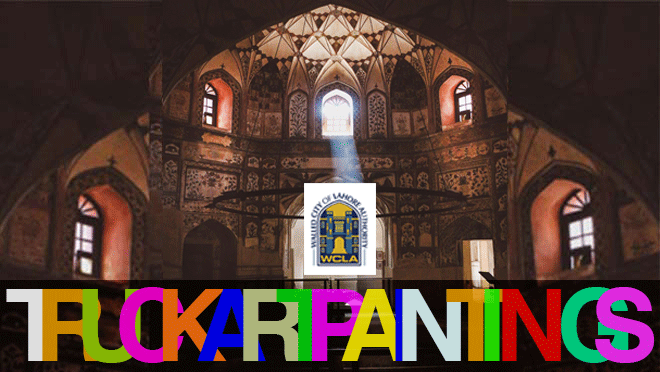
Truck Art Painting in Shahi Hammam
Dehli Gate, Lahore, Pakistan,
October 4th, 2019
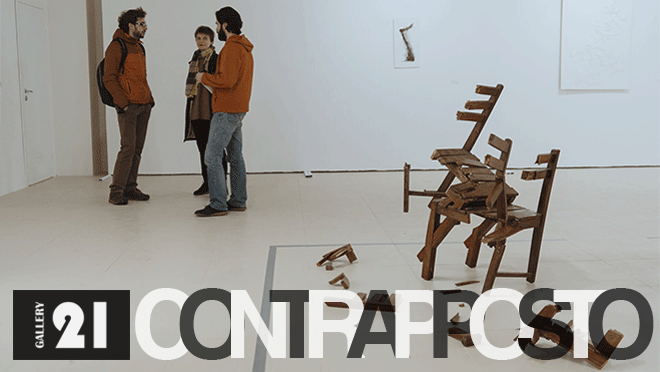
Contrapposto
Baltiyskaya St. Moscow Russia,
February 6th , 2014
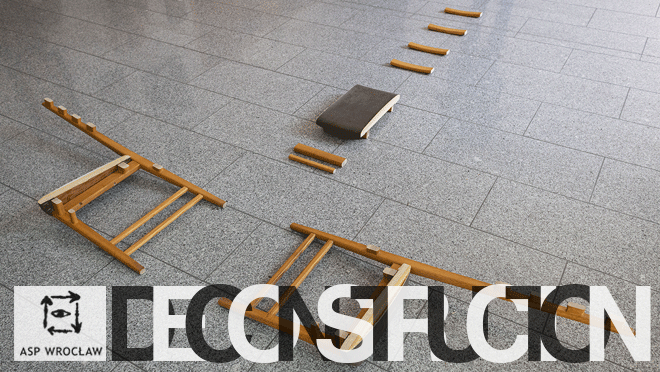
Functional Deconstruction & Alteration
Neon Gallery, Wroclaw, Poland
May 24th, 2021
Tayyab Tariq © 2024. All Rights Reserved
Privacy Policy / Terms of Use